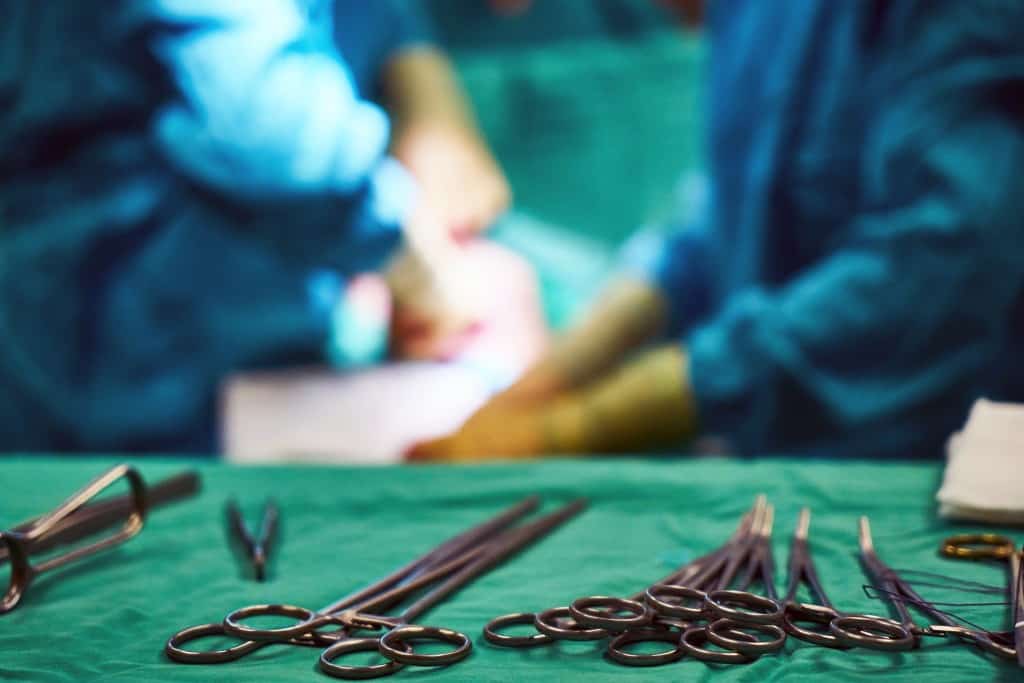Choosing to become an organ donor is a personal decision and one that should not be made lightly. There are major misconceptions that prevent people from registering, with concerns that range from family matters to personal health choices. Organ donation is valuable because it’s saving and improving someone’s quality of life. However, it is crucial to research the process prior to becoming a donor.
The process of organ donation begins by registering through your state, either by signing up online or through your local Department of Motor Vehicles. When you register, your medical information is collected and entered into the United Network for Organ Sharing’s system. UNOS is a computerized network that helps match donated organs with the right transplant candidates. Anyone is eligible to register as a donor, regardless of medical history, age or health habits. By registering to become a donor, it does not necessarily mean that your organs are guaranteed to be donated. There are several factors that make organ donation possible, however a local Organ Procurement Agency will determine the medical suitability for donation at time of death. Further options for donation include becoming a living donor and to donate for medical research. For more information, you will want to look up your state’s requirements on registering.
There is a sequence of events that takes place after an organ donor has passed or is about to pass. Doctors and nurses are responsible for making every attempt to save the life of the patient, using careful evaluation for vital signs of life. A Neurologist will perform a series of test for brain death to determine, indisputably, that the patient has passed. At this point, the hospital has made contact with a representative from OPO, who verifies whether the deceased is a registered donor or has the potential to be a donor. Only after brain death has been confirmed and documented, will organ donation become a possibility.
Regardless if a patient is a registered donor or has the potential to donate, family will be involved in the entire process. If there is no prior legal consent for donation, the representative will ask next of kin for authorization. Once all consensual matters are taken care of, the representative will continue with the matching process by searching for potential organ recipients according to UNOS. While the search for matching recipients is managed, a transplant surgical team will keep the donor on artificial support to maintain all useable organ’s. This team replaces the medical team that treated the patient before death and is solely working for the purpose of a successful transplant from donor to recipient.
When a matching recipient is found, the surgical team will move fast to recover the organs for transplant. Certain organs remain healthy for a short period of time so recovery will only take place once transplantation is possible. If previously authorized by donor or their family, after organs are recovered, additional tissues may be collected as well for further donation. The surgical team will finish the surgery by closing all incisions, making open-casket funerals possible for organ donors. During this time, the OPO representative will arrange transportation of organs to the hospital of the intended recipient. Typically, the recipient is already awaiting the new organ in the operating room by the time the lifesaving organ arrives. The same surgical team will complete the process by transplanting the new organ into the recipient. For the donor, all funeral and burial plans can proceed after the recovery procedure.

